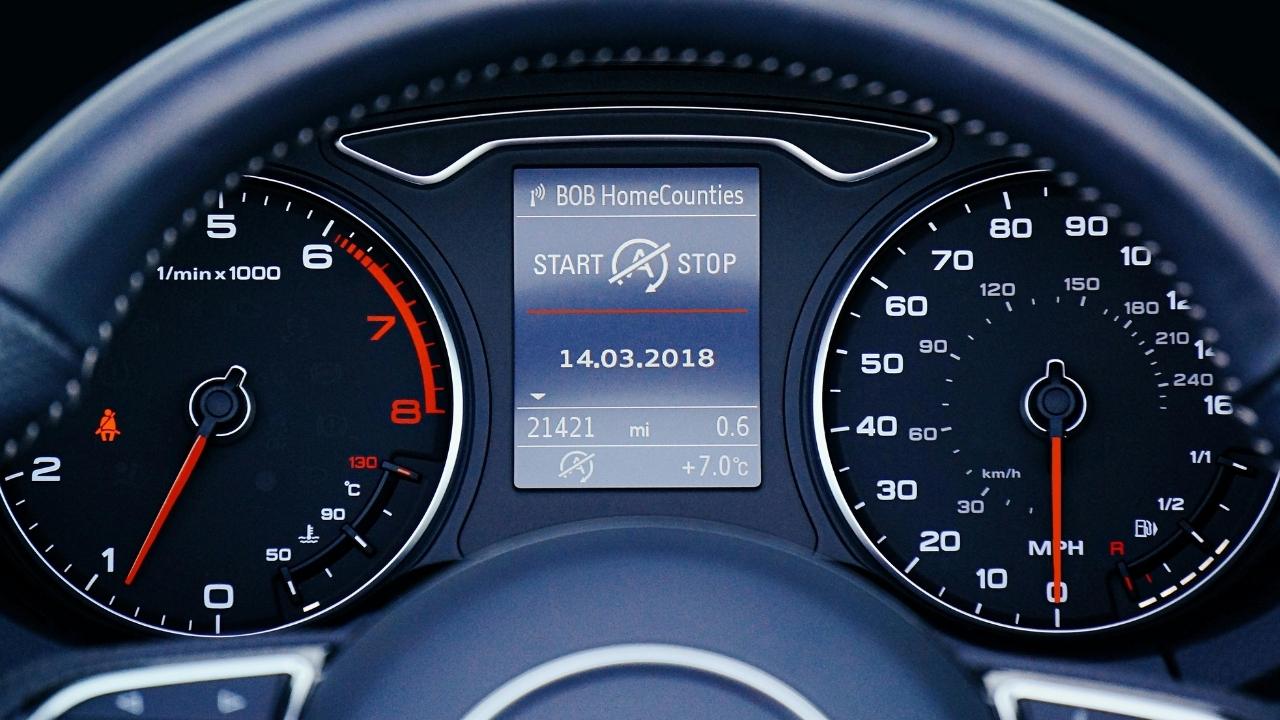New Extended Producer Responsibility (EPR) regulations are fundamentally altering how businesses across the UK and Europe account for their packaging. For many small and medium-sized enterprises (SMEs), these environmental rules introduce significant new data collection, reporting, and financial obligations aimed at tackling packaging waste and promoting a circular economy.

EPR Obligations at a Glance
For businesses trying to understand their new duties, the core requirements can be summarised as follows.
| Obligation | Detail |
| Determine Threshold | Firms must check if they meet criteria based on annual turnover and the amount of packaging handled. UK Government Guidance |
| Collect Packaging Data | Businesses must gather precise data on the weight and material type of all packaging they supply or import. |
| Report Data | This data must be submitted to the relevant environmental regulator, often twice a year. UK Government Guidance |
| Pay Fees | Obligated businesses must pay a fee to cover the cost of managing their packaging once it becomes waste. |
Understanding Extended Producer Responsibility
Extended Producer Responsibility is an environmental policy principle that places the onus on producers to manage the entire lifecycle of their products, especially at the post-consumer stage. The goal is to make businesses financially responsible for the collection, sorting, and recycling of the packaging they place on the market. This approach incentivises producers to use less packaging and choose materials that are easier to recycle.
“EPR shifts the financial burden of waste management from the taxpayer to the producer,” explained Dr. Julian Allwood, a professor of engineering and the environment at the University of Cambridge. “It is a critical mechanism to encourage sustainable design and reduce the overall environmental impact of consumer goods.”
This policy is a cornerstone of the broader European strategy to foster a circular economy, where resources are reused and recycled rather than being thrown away.
Navigating the EPR Rules: A Challenge for Small Businesses
While large corporations have dedicated compliance departments, smaller firms often find the new environmental regulations complex and time-consuming. The new system requires a level of detailed tracking that many are not equipped for.

Who Needs to Comply?
The rules apply to businesses that handle and supply packaging in the UK. Under the current framework detailed by the Department for Environment, Food & Rural Affairs (Defra), you may be obligated if your business:
- Has an annual turnover of £1 million or more.
- Is responsible for over 25 tonnes of packaging in a calendar year.
These thresholds are designed to capture medium to large-scale producers, but many rapidly growing small businesses may find themselves crossing the line sooner than expected.
Key Obligations: Data Collection and Reporting
The core task for small business compliance is the collection of accurate data. Businesses must record the weight of all packaging materials they handle or supply, broken down by material type, such as plastic, cardboard, aluminium, glass, steel, and paper.
“The granularity of the data required is a significant administrative burden,” stated a spokesperson for the Federation of Small Businesses (FSB) in a recent press release. “We are urging the government to provide more streamlined tools and clearer guidance to help small enterprises manage this transition without being overwhelmed.”
Businesses can choose to report their data directly to the Environment Agency or pay to join a compliance scheme, which will handle the reporting process on their behalf.
The Financial and Environmental Impact
The ultimate aim of EPR is to make the economy more sustainable. By attaching a direct cost to packaging, governments hope to drive innovation in reusable systems and recycled materials. According to a report from the European Commission, EPR schemes across the continent have been successful in increasing recycling rates for key materials.

However, for many businesses, the immediate reality is increased costs. The fees paid will contribute to a central fund used by local authorities to improve household waste collection and recycling infrastructure. While environmentally beneficial, this represents a new operational expense that must be factored into product pricing and business models.
The current system is still in a transitional phase, with some reporting deadlines having been deferred to allow businesses more time to prepare. An official from the Environment Agency advised that “all potentially obligated businesses should begin collecting their data now to avoid the risk of non-compliance and potential penalties in the future.”
FAQ
1. How do I know if my business is obligated under EPR?
You must assess your annual turnover and the total weight of packaging you handle per year against the government’s official thresholds. Check the guidance on the gov.uk website for the precise criteria.
2. What kind of packaging data do I need to collect?
You need to record the weight of packaging materials you supply, categorised by material (e.g., plastic, paper, glass) and waste type (e.g., household or non-household).
3. What are the penalties for not complying?
Failure to register, report data, or pay fees can result in financial penalties and legal action from the environmental regulator.
4. Where can I find help with EPR compliance?
The government provides detailed online guidance. Alternatively, you can join a compliance scheme, an organisation that will manage your data reporting and obligations for a fee.





